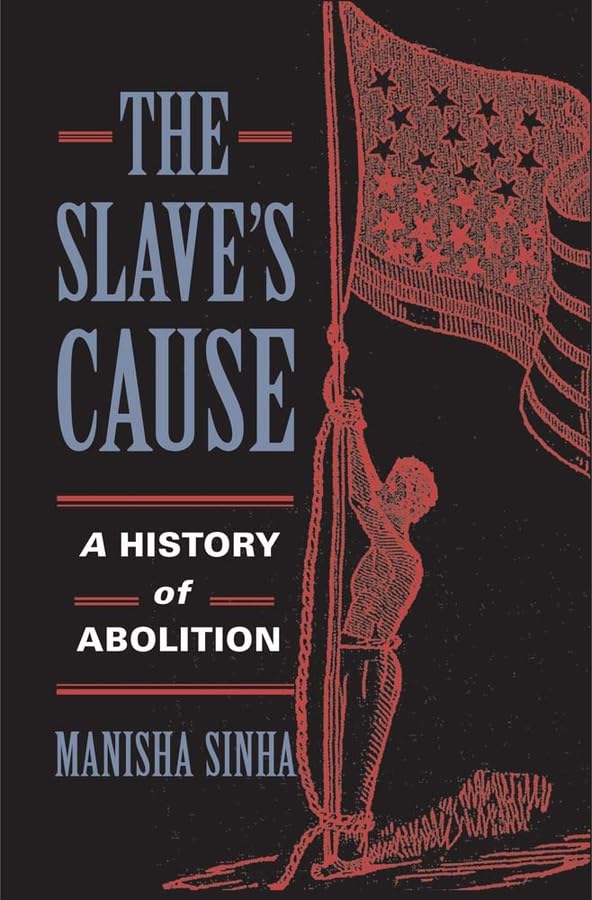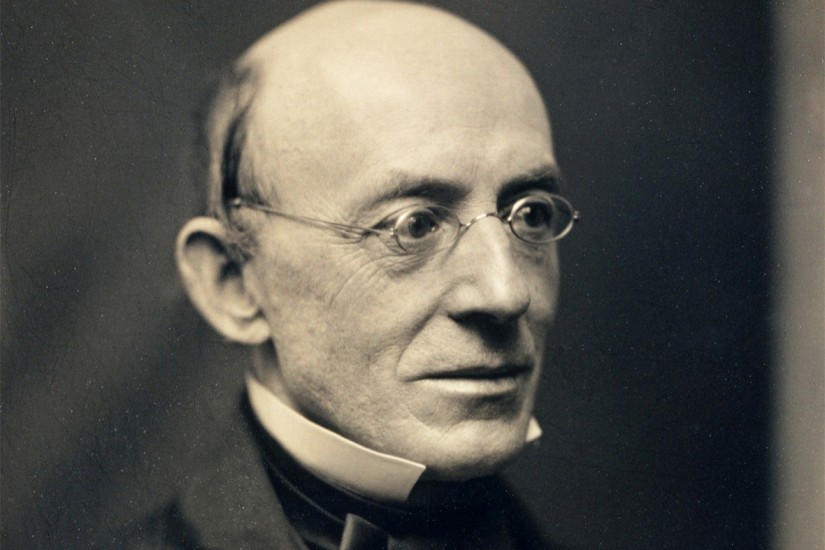I feel like after every shooting we have a little cycle where people say, “How can this be happening, we need to figure out a way to stop it,” and then it kind of goes away. I don’t want to say that there is apathy, but I feel like there is a sense of resignation, even among people who believe that something should be done. I feel like there is a certain parallel with people in the 19th century who were living in the North and had a certain distaste for slavery but would kind of shake their heads and say, “It’s just too big.”
I think any good historian should eschew simple parallelisms, but I think, in this instance, there actually is a pertinent historical lesson. If you look at abolitionists in the 1850s, that’s what frustrated most abolitionist activists is that everyone thought slavery was wrong. But they would say, “Oh, it’s enshrined in the Constitution,” “Oh, we cannot threaten the Union,” or “It’s just confined to black people and that’s OK.” There were all kinds of reasons for people to be anti-slavery in theory and yet do nothing against slavery practically, in action, in laws.
From the Founding Fathers, a prime example is Jefferson, who kind of condemned slavery theoretically but did nothing against it and in fact didn’t even free his own slaves, except for the ones that he had actually fathered.
This hand-wringing that we have about gun violence is exactly the way many well-meaning people talked about slavery. They would say, “Well, of course, we deplore it, but we don’t want to do anything about it.” For various reasons. And that’s why abolitionists were a minority, because they were willing to take on the system as it were, and to do something about it.
That’s what I think the activism against gun violence in this country needs. Children are being killed, almost 50 people have died recently, and yet we continue the same mechanisms to manage these outrages. Which is, we deplore it, but we do nothing about it. Which is pretty much what happened with slavery throughout the time before the Civil War. People would hear instances of torture, of abuse, but it would just, they would deplore the existence of slavery and hope eventually it would simply vanish from the Republic on its own. And of course that would not happen.

